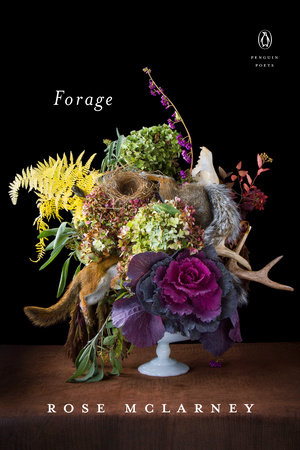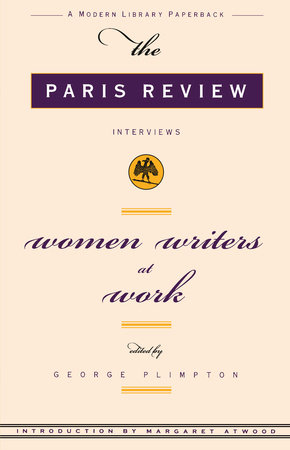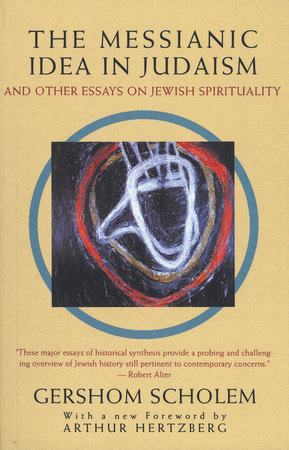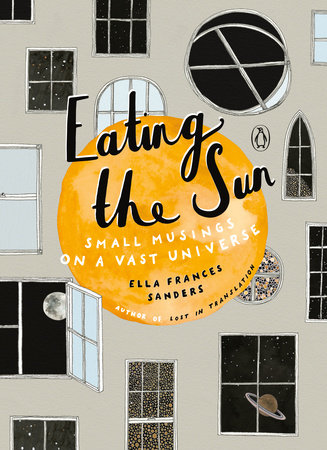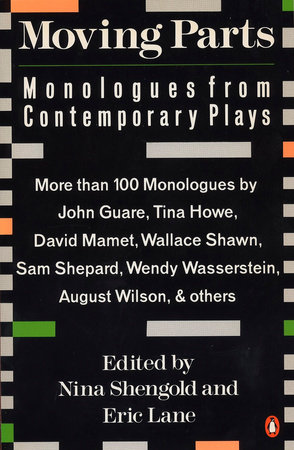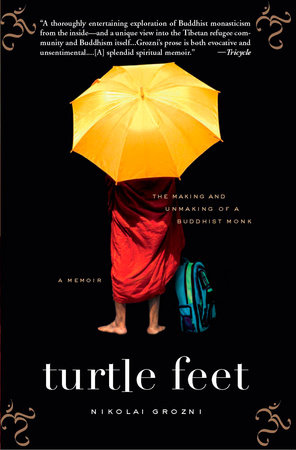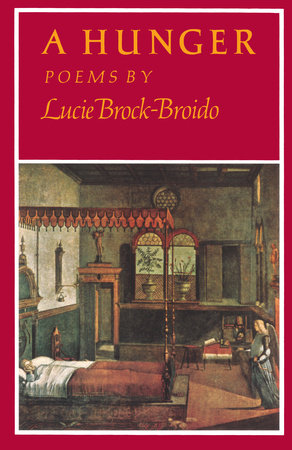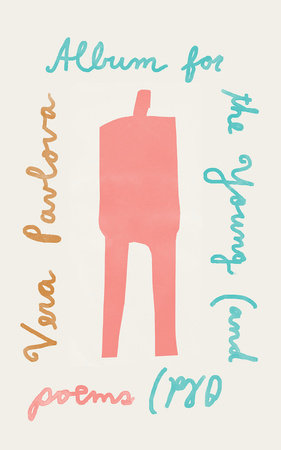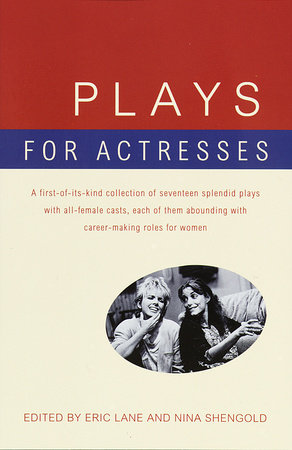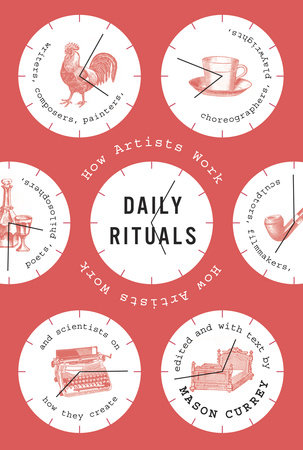Praise for Forage:
“McLarney has been a gifted storyteller since her first book, The Always Broken Plates of Mountains, but I dare say that she’s getting even better, more hypnotic. She’s one of our finest poets of the wild: her notes of appreciation are grounded in a love of careful cataloging of the world through language. McLarney is masterful . . . [her] environmental threnodies move from the quick truth . . . to a sense that has been accumulating across all of her books: how do we hold on to despair, and dust, and memory? A gorgeous book.” —Nick Ripatrazone, The Millions, “Must-Read Poetry”
“Forage is indeed a book about gleaning nourishment from the bizarrely precarious world we have made. She knows deeply what Levertov called “the animal presence” and how the gravity of their fate informs our psychic life. The brutality in nature is the brutality in us; so too the beauty, this diabolical pas de deux jacked up now by the extremity of our times. These poems in their gorgeous imagistic clarity deepen the story of life and ask of us, as the poet asks of herself, “to whom / have I made reverence truly known?” And what does the poet revere? The word, the wounded land, the wile of the wild, the shade of trees. An earthly constellation.” —Alison Hawthorne Deming, author of Stairway to Heaven
“In Forage, Rose McLarney speaks to the interiority that hums inside us as we engage the natural world, which ‘…speaks of us,’ as we ‘praise parks, what’s left of wilderness, and the literature of the diaspora.’ It’s all here, and it’s all alive with every line, carrying ‘children’s voices from the playground,’ and ‘the graveyard, and the vacant lots,’ and the possibilities that get us through our day. These poems stun me with their keen eye and their honest telling of what they view. It’s refreshing to find this much courage on the page, at a time when we need it the most.” —A. Van Jordan, author of The Cineaste
“Rose McLarney’s Forage is, at heart, about the amplitude of creation. It is also about the human avarice that has overwhelmed the world around us. Reckoning with the most pressing questions regarding abundance and waste, the human capacity for love and corruption, and the raw possibilities of our future, McLarney asks, ’Must the answer be only the variety / of grief?’ Given the lateness of things, perhaps so. On the other hand, the work in Forage is also the work of refusal, bringing fierce lament and complex song to the direness of our present.” —Rick Barot, author of Chord
“It’s fitting that Forage opens with what The Junior Dictionary has banished—magpie, blackberry, minnow. Because Rose McLarney’s book is a call to prayer–or to arms—making itself a guardian of the diminishing natural world. A fierce edgy charm saves it from rhetoric; one image can haunt her poems, any creature crossing the dangerous road, its ‘same last pose, lifting one tentative paw, already off the earth.’ The human greats reside here: Virgil, Audubon, his paints and rifle. We lesser ones also, our ordinary griefs over what life gives up and into, despair and forgetting. Beauty. That lives here too.” —Marianne Boruch, author of Cadaver, Speak
“Elegant . . . readers will revel in the work’s undeniable beauty and smarts.” —Publishers Weekly
Praise for Its Day Being Gone:
“A beautiful book, and a haunting one too. McLarney makes things matter. Her poems make you feel very deeply connected – under the skin, in the bone – and therefore more acutely alive.” —Robert Wrigley
“It’s easy to say that McLarney loves the land and the people who live close to it, and though that’s true, her intelligence and feelings are also always subject to reappraisal in the light of her own constantly questioning and enlarging vision. Her important poems sing not just with the ‘the somber percussion/of feed in buckets,’ but also with the lyric wisdom of the best poetry.” —Andrew Hudgins
“In poems that are often both celebration and lament, McLarney speaks with an elemental alertness, with sharp-edged perception of the contemporary as well as the folkloric.” —Robert Morgan
“McLarney is a poet who understands that the beautiful things are difficult, and that we must suffer into truth. . .[her] grim lyricism keeps us rapt, agog, and sometimes frightened.” —Richard Joines, The Rumpus
